Commercial Waterproofing Solutions to Protect Your Building.
Comprehensive Waterproofing for Commercial Buildings
Expert Commercial Waterproofing Solutions in Gainesville to Protect Your Property Experts
Our Service Scope
Industrial Facilities
Schools/Universities
Churches
Government Agencies
Why choose us
Our Commercial Waterproofing services are tailored to safeguard your property from water intrusion and moisture damage. Here’s why partnering with us is the smart choice for your commercial projects.
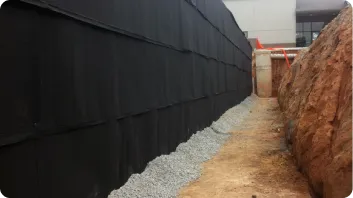
Customized Solutions
Every commercial building has unique characteristics and challenges, which is why we provide personalized waterproofing solutions. Our team works closely with you to design and implement a strategy that addresses your property’s specific needs, ensuring maximum efficiency and effectiveness for lasting protection.
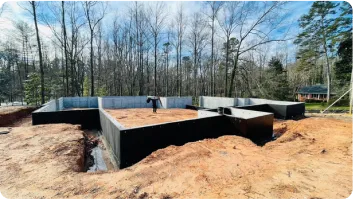
Top-Grade Materials
We prioritize the use of premium materials in all our waterproofing projects. Whether it’s polyurethane coatings, sheet membranes, or injections, our products are selected for their superior performance and resilience to environmental conditions, ensuring your property stands the test of time.
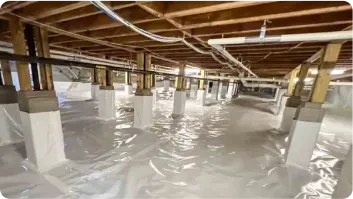
Comprehensive Water Protection
Our commercial waterproofing services are designed to provide complete protection against water intrusion and moisture damage. By implementing advanced techniques and proven systems, we ensure your property remains safeguarded from potential issues like leaks, mould, and structural wear, offering long-term durability.
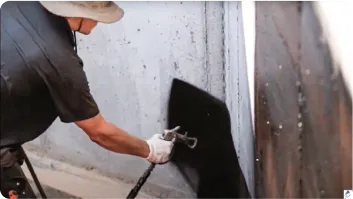
Professional Expertise
Backed by 20 years of expertise in the commercial waterproofing industry, our team specializes in providing effective and reliable solutions. We have completed numerous projects across various sectors, equipping us with the knowledge to tackle even the most complex waterproofing challenges unique to commercial properties.
Commercial Waterproofing Solutions
Self-Adhering Sheet Membranes
Bituminous Sheet Membranes
Joint Sealant Caulking
Fluid-Applied Membranes
Composite Rubberized Asphalt Membranes
Services We Offer
Basement Waterproofing
Foundation Repairs
Crawlspace Repairs
New Construction
Concrete Correction
Commercial Waterproofing
Water Management
Don’t Wait For More Damage!
Protect your property today! We are here to safeguard your space.
Our Commercial Waterproofing Solutions
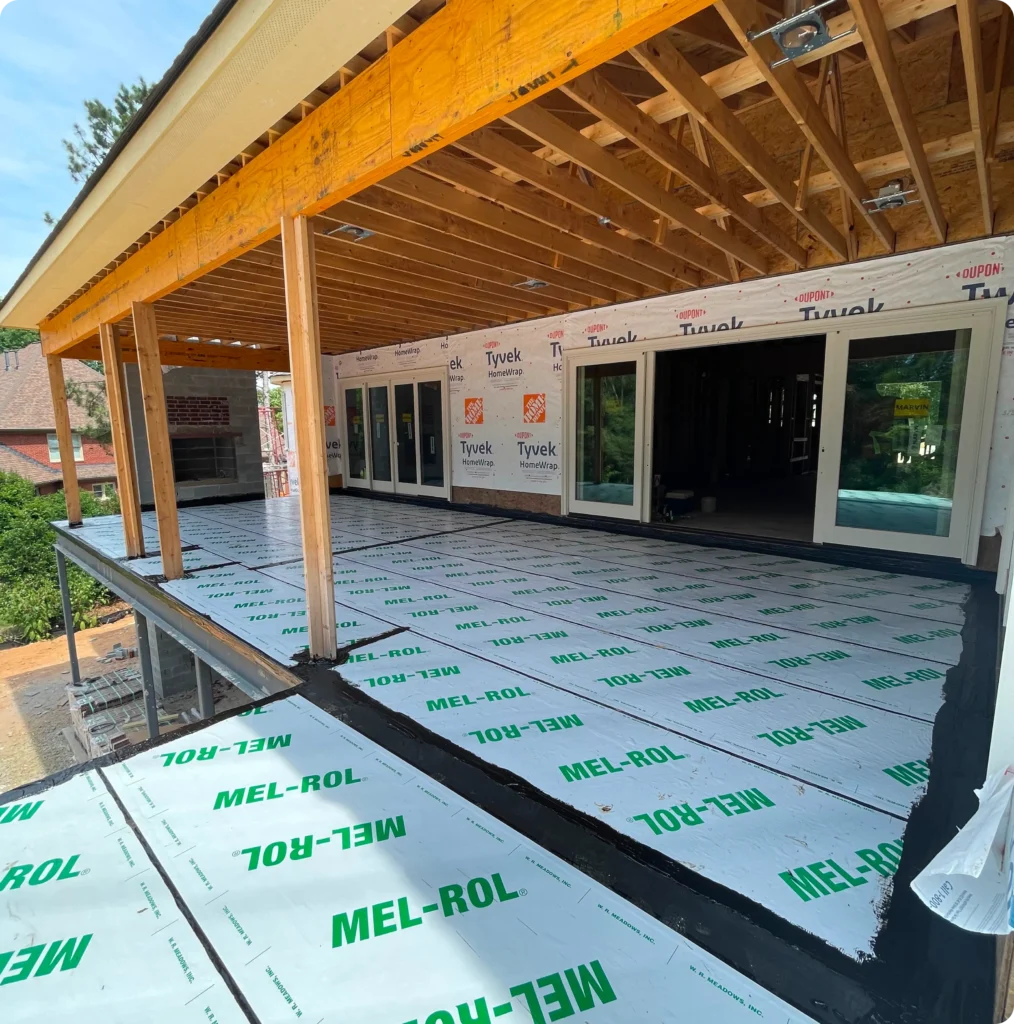
Self-Adhering Sheet Membranes
These membranes are easy to install and provide a robust barrier against water. They consist of a rubberized asphalt layer that adheres directly to the substrate, forming a seamless protective layer.
This type of membrane is especially effective for below-grade applications and can withstand hydrostatic pressure, making it ideal for foundations and basement walls.

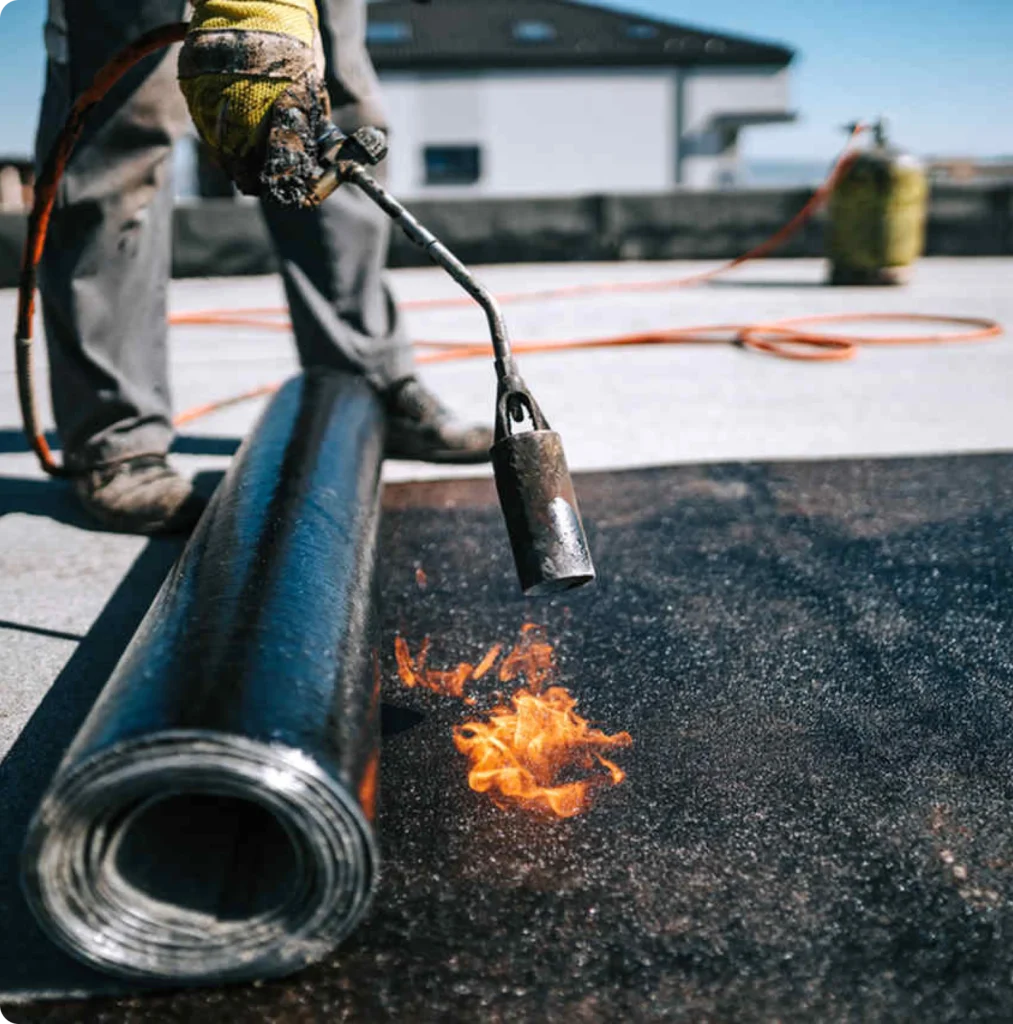

Bituminous Sheet Membranes
Bituminous sheet membranes, made from a combination of asphalt and polymers, offer excellent waterproofing properties. They are durable and resistant to punctures and can be applied in various thicknesses to suit specific project needs. These membranes can be installed either hot or cold and are often used in below-grade applications as well as on roofs.
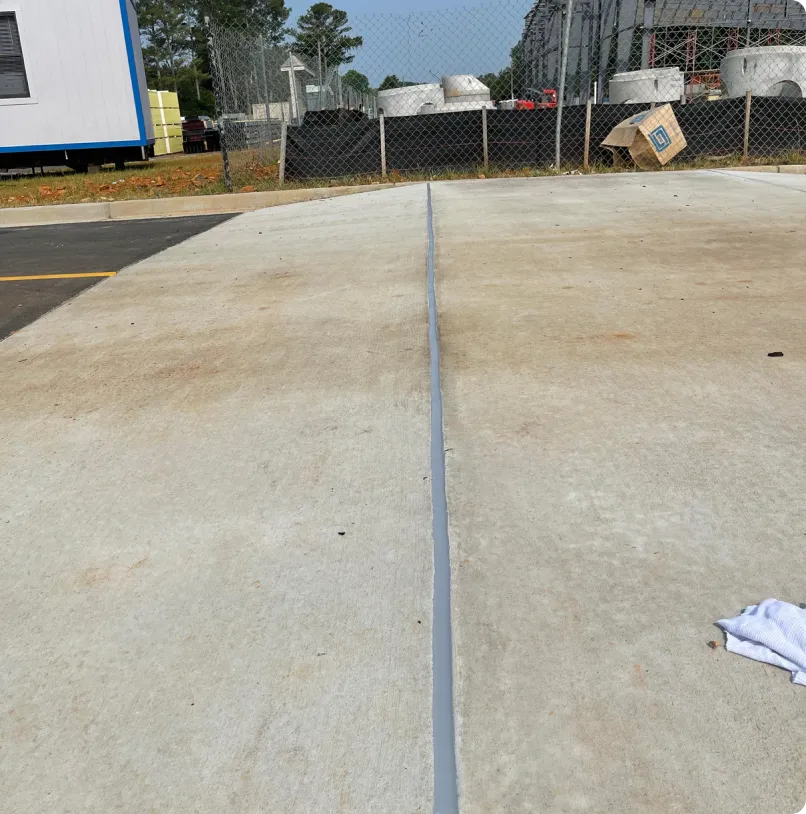
Joint Sealant Caulking
Caulking and joint sealants are materials used to fill gaps and
joints in various structures, providing a barrier against moisture,
air, and dust infiltration. These substances are essential for
enhancing energy efficiency and preventing damage caused by
water intrusion. They are commonly applied in construction and
maintenance projects to ensure a tight seal around windows,
doors, and other openings, contributing to the overall durability
and integrity of buildings.

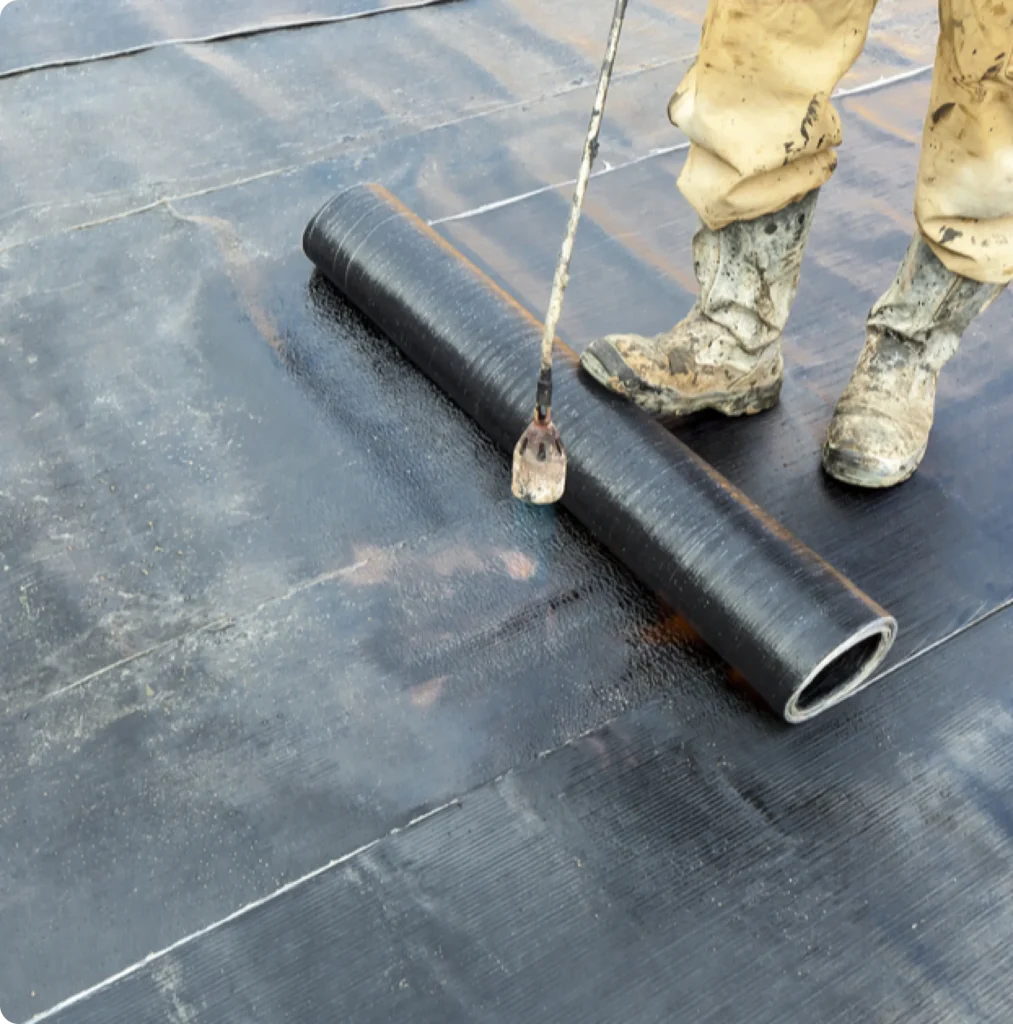

Composite Rubberized Asphalt Membranes
This innovative solution combines the benefits of rubberized asphalt with additional materials to enhance performance. These membranes offer superior flexibility, allowing them to adapt to building movements without compromising the waterproof barrier. They are particularly effective in areas with significant temperature fluctuations, making them suitable for various climates.
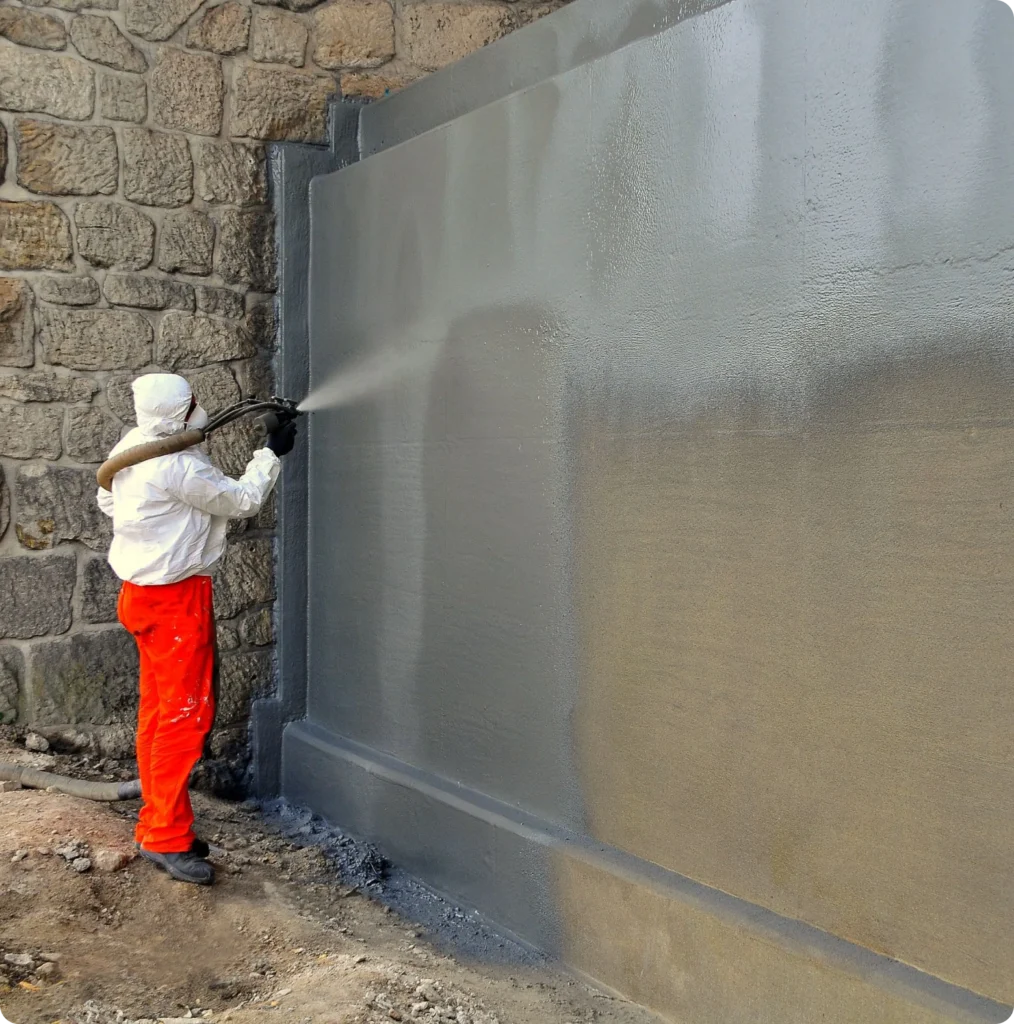
Fluid-Applied Membranes
These membranes are applied as a liquid, allowing them to conform to any surface and fill in cracks and gaps. Once cured, they create a seamless, waterproof barrier that is highly effective against moisture intrusion.
Fluid-applied membranes are ideal for irregular surfaces and complex shapes, making them perfect for detailing around penetrations, corners, and transitions.

Frequently Asked Questions
Waterproofing protects commercial buildings from leaks, mold, and structural damage. Without it, water can weaken foundations, damage walls, and cause costly repairs. It also keeps the workplace safe and healthy for employees and customers. In the long run, waterproofing saves money by preventing bigger issues.
Interior waterproofing controls water that has already entered, using drains, sump pumps, and sealants inside the building. Exterior waterproofing stops water from entering in the first place, by sealing walls, installing drainage systems, or applying protective coatings outside. Exterior is more effective long-term, while interior is often used as a quicker solution.
The lifespan depends on the method and materials. Interior solutions may last 5–10 years, while exterior waterproofing can last 20 years or more if maintained well.
Commercial waterproofing can be done for offices, warehouses, factories, schools, hospitals, retail stores, and even large residential complexes. Any building with a foundation, basement, or roof that faces water issues can benefit from professional waterproofing.
The cost depends on the building’s size, the extent of the water problem, and whether you choose interior or exterior waterproofing. Small fixes may cost a few thousand dollars, while large commercial projects can cost more. Getting a free inspection helps you know the exact price.
The least expensive way is interior waterproofing, such as sealants and drainage solutions. While it’s cheaper upfront, it may not solve the problem fully if water is entering from outside. Exterior waterproofing costs more but gives stronger and longer-lasting protection.
North Georgia Service Areas
All of our Basement Waterproofing, Foundation Repair, and Crawl Space Repair services are available in all of the above areas.
Please contact us if your area is not listed and we will let you know if we can help.
Hartwell, GA| Crawl Space Repair
Athens, GA | Basement Waterproofing
Athens, GA | Crawl Space Repair
Athens, GA | Foundation Repair
Atlanta, GA | Basement Waterproofing
Atlanta, GA | Crawl Space Repair
Atlanta, GA | Foundation Repair
Lawrenceville, GA| Foundation Repair
Suwanee, GA | Basement Waterproofing
Canton, GA | Basement Waterproofing
Jefferson, GA | Basement Waterproofing
Decatur, GA | Commercial waterproofing
Marietta, GA | Crawl Space Repair
Smyrna, GA | Basement Waterproofing
East Point, GA | Foundation Repair
Roswell, GA | Block Wall Replacement
Cartersville, GA | Foundation Push Piers
Dawsonville, GA | Crawl Space Repair
Toccoa, GA | Crawl Space Waterproofing
Gainesville, GA | Basement Waterproofing
